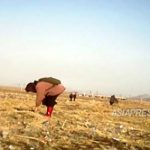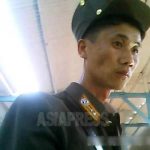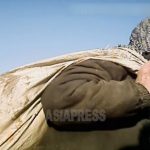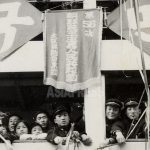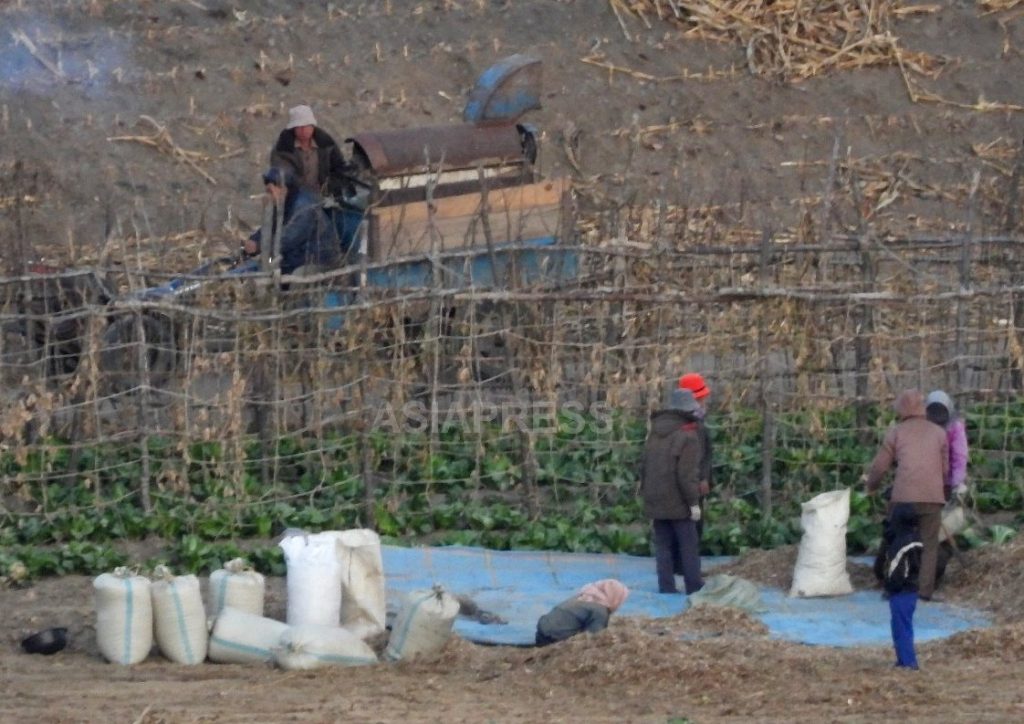
According to local reporting partners, North Korea's new agricultural distribution system is actually lowering farm workers' motivation. With excessive state quotas reaching 70-80% of production, actual distribution has fallen short of expectations. Strict application of rules, such as exclusion from distribution when production targets are not met, has led to complaints among farm workers that they are "losing heart." (JEON Seong-jun / KANG Ji-won)
◆Policy Implementation is Slow
In North Korea's overall agricultural policy reform, changes to the distribution system are being implemented relatively slowly.
ASIAPRESS first obtained information about changes to the distribution system in March 2024. At that time, ASIAPRESS's reporting partner in North Hamgyong Province reported:
"With changes to agricultural laws, specific guidelines were issued regarding management, sales, distribution, and fulfillment of state plans, and I understand that new distribution and supply methods have also changed."
ASIAPRESS reports on the distribution system currently being implemented in North Korean rural areas based on the information they've gathered. Let's first examine the latest North Korean laws.
Among the three partners who investigated farms, Partner A is a farm worker, while Partners B and C are urban residents investigating nearby farms. Partners A and B reside in North Hamgyong Province, and Partner C in Ryanggang Province. All the farms being investigated have about 500 workers and focus more on corn rather than rice farming.
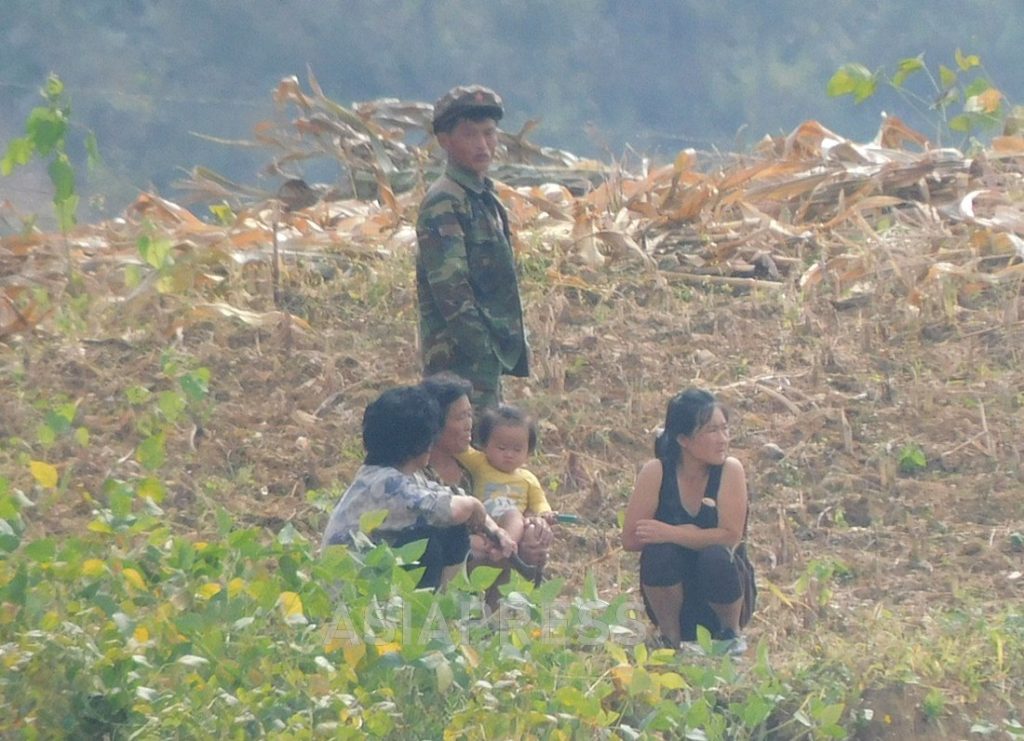
◆"Losing Heart" Due to Excessive State Quotas
In May 2024, reporting partner B from North Hamgyong Province relayed what local farm workers told them during rural investigations:
"The state quota amounts to 70-80% of production. They say the remainder is for farm worker’s distribution, but they are already worried about autumn distribution. (Farm officials) keep emphasizing that if production decreases in this year's farming, farm workers' distribution amounts will also decrease, and they're pushing workers to treat farm work as their own work."
However, Partner B points out that due to excessive state quotas, the new distribution policy has not gained trust among farm workers from the beginning.
"When work teams were notified of state quotas, corn was set at 4.5 tons per jeongbo (equivalent to roughly a hectare), causing significant complaints among farm workers. They say normally 3.5 tons is standard, so this target is high. (With the new policy) they thought there would be some surplus, but with quotas set so high, farm workers are losing heart."
※ North Korean farms consist of several to dozens of work teams. Work teams are composed of production sub-teams, and each sub-team typically includes about 10 farm workers.
